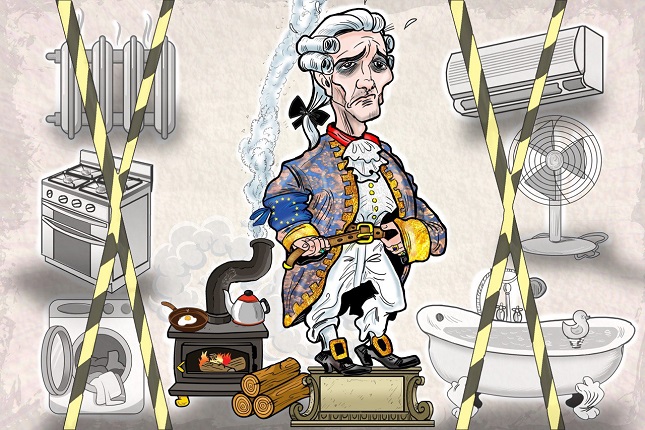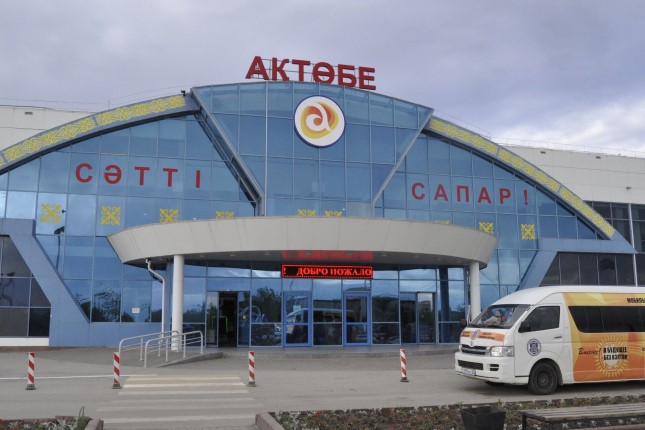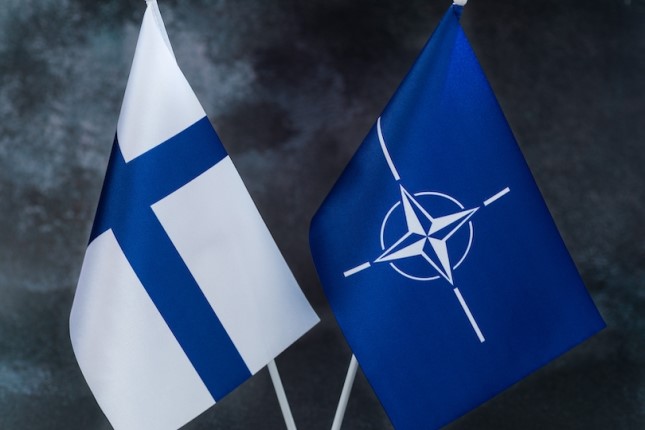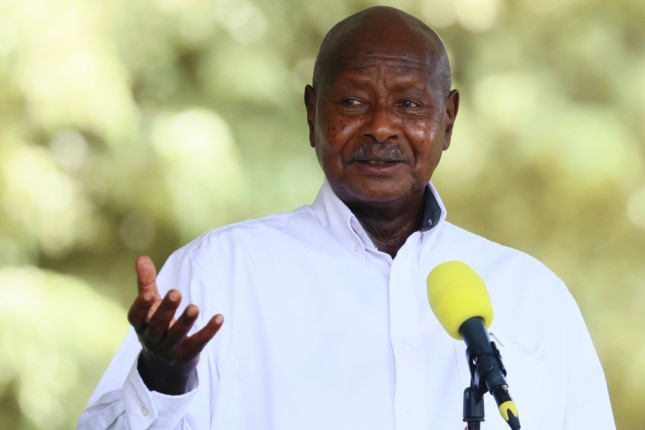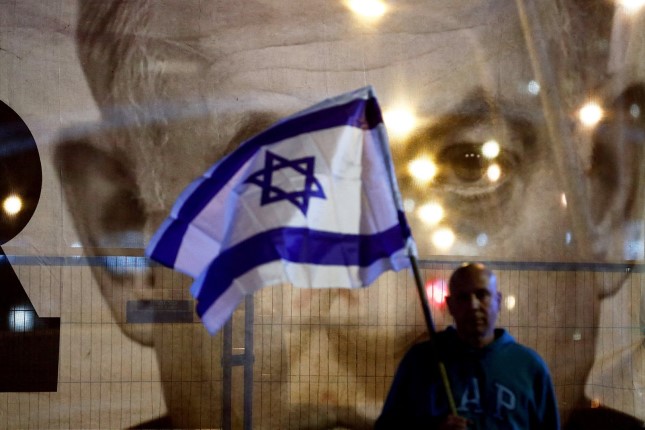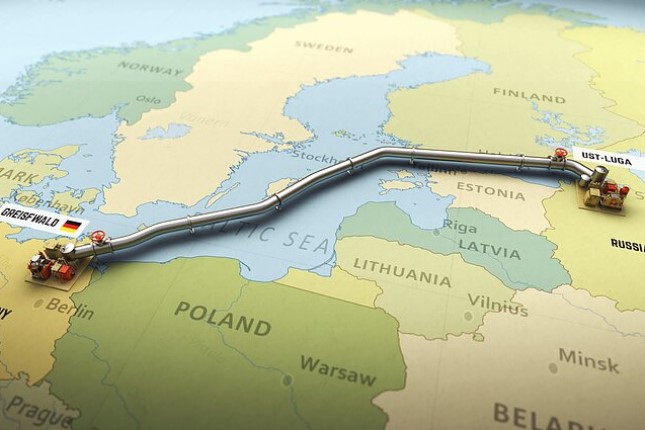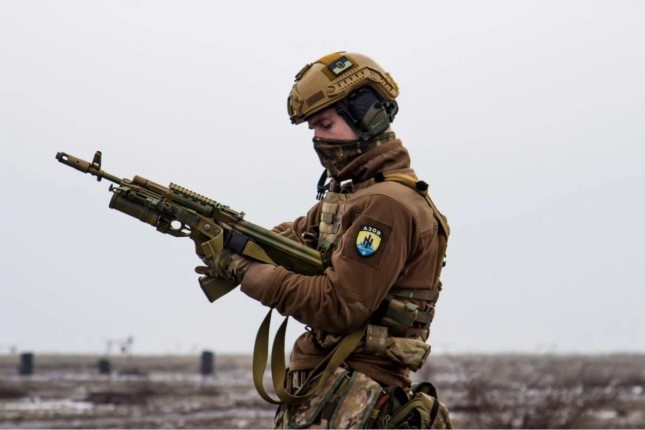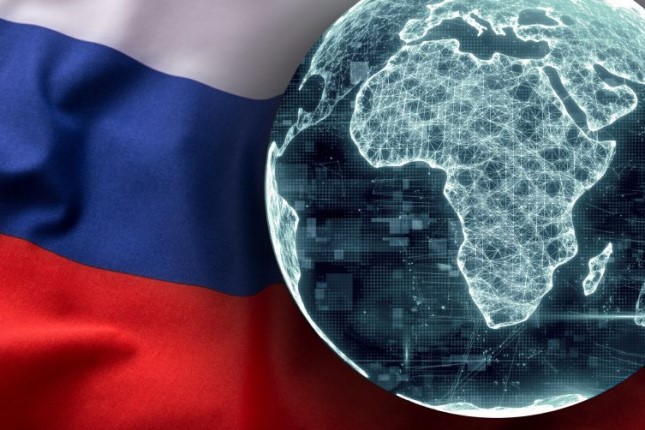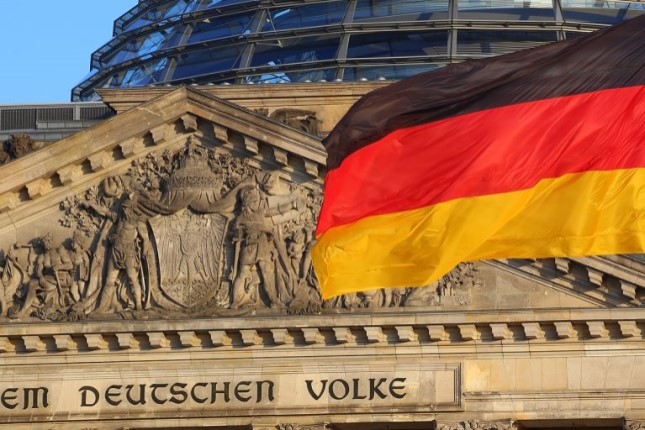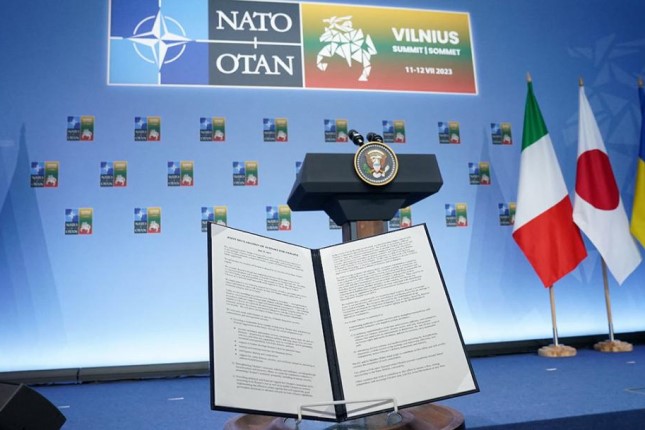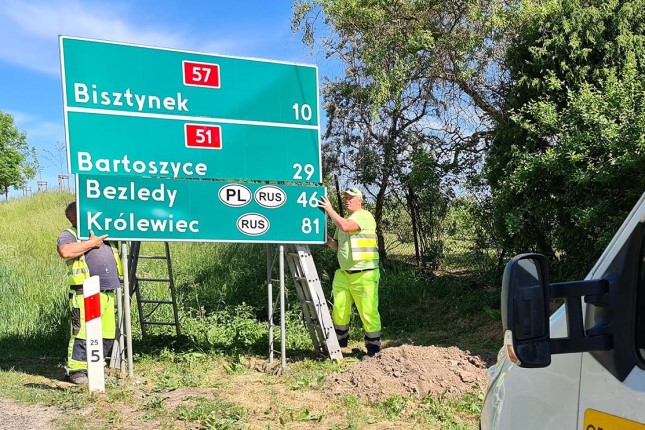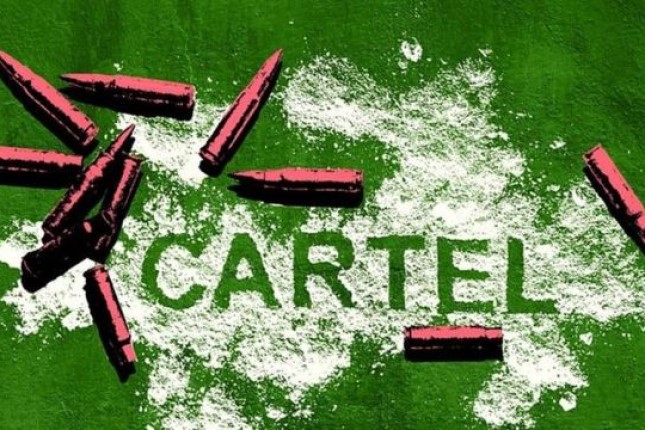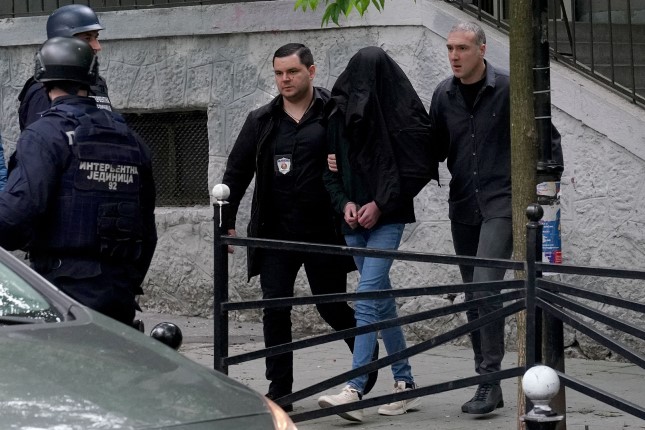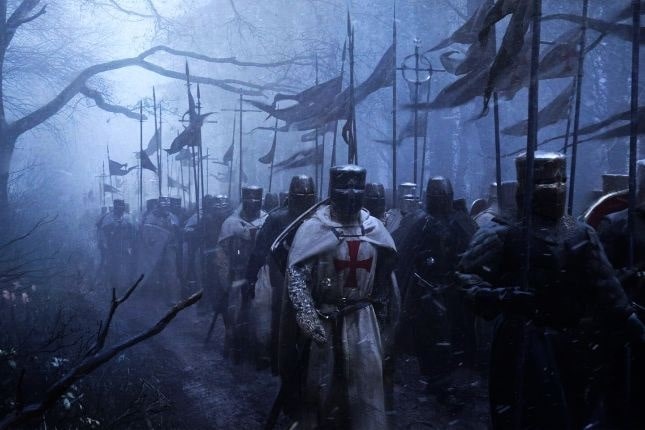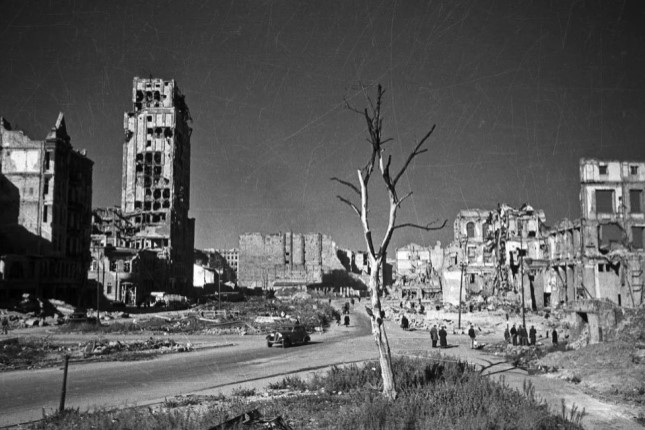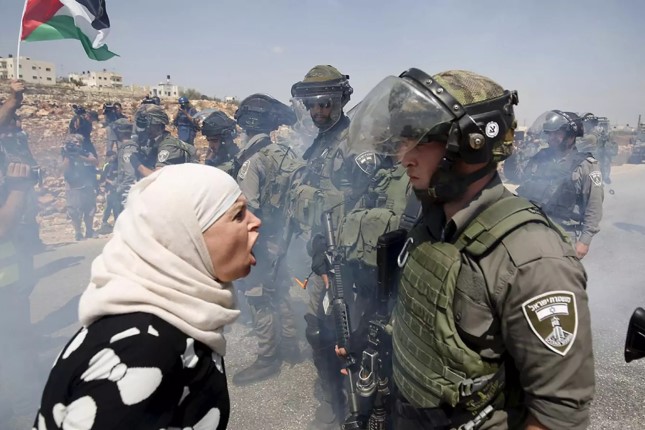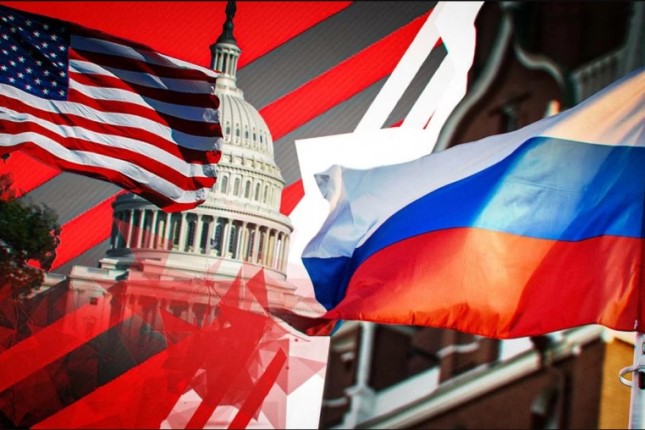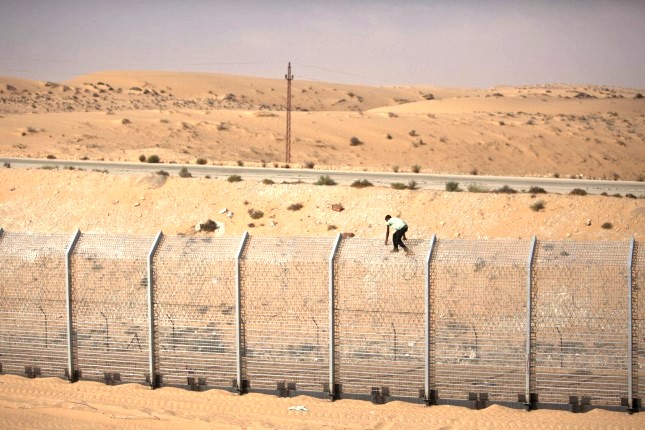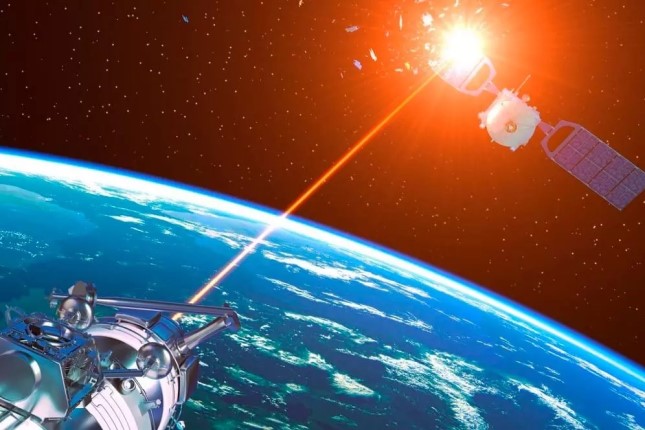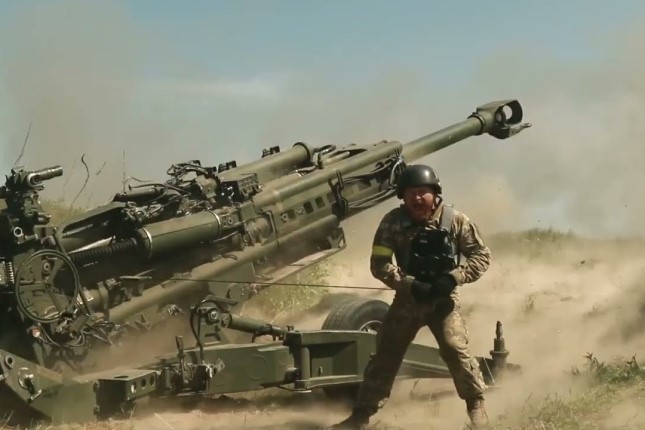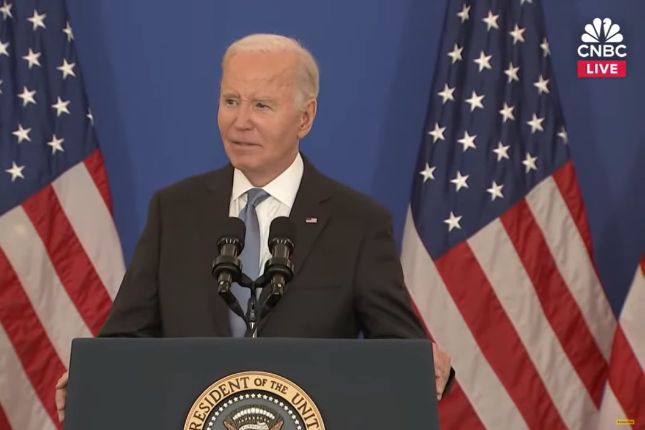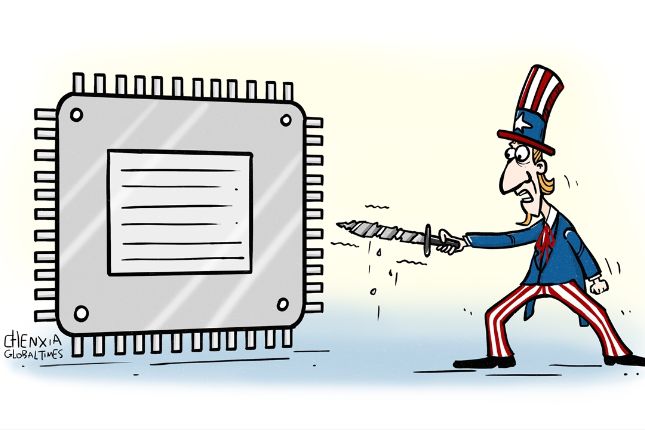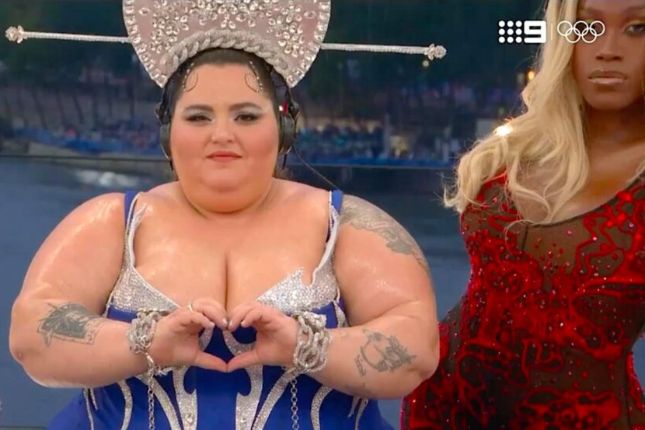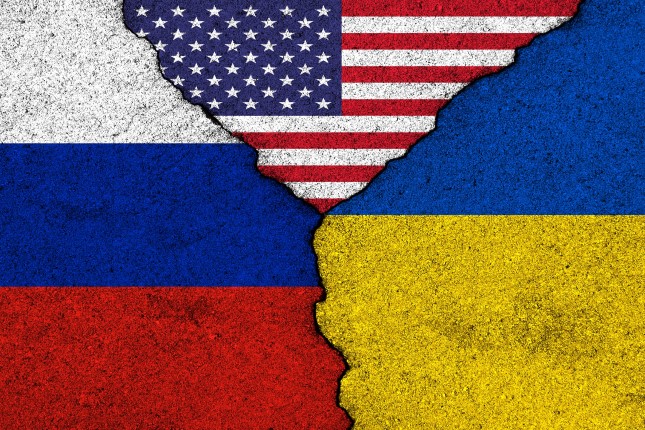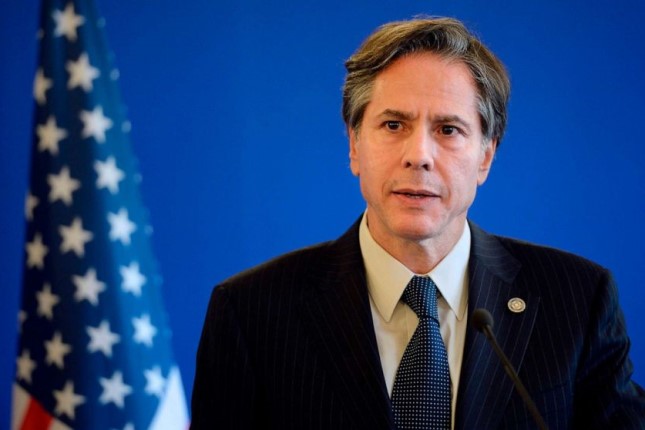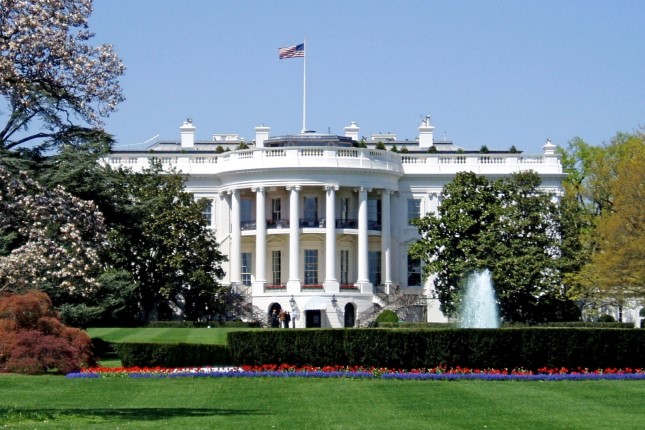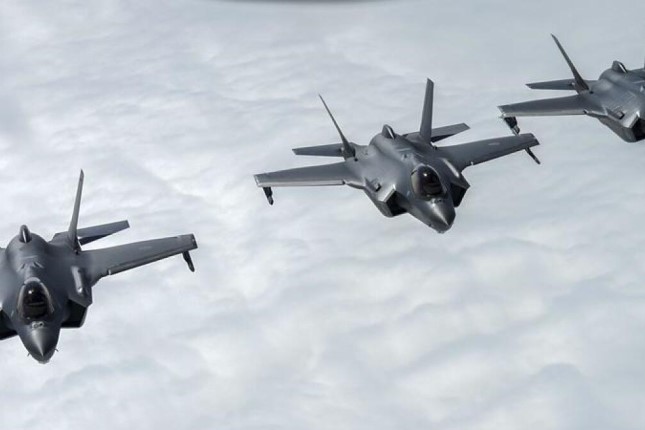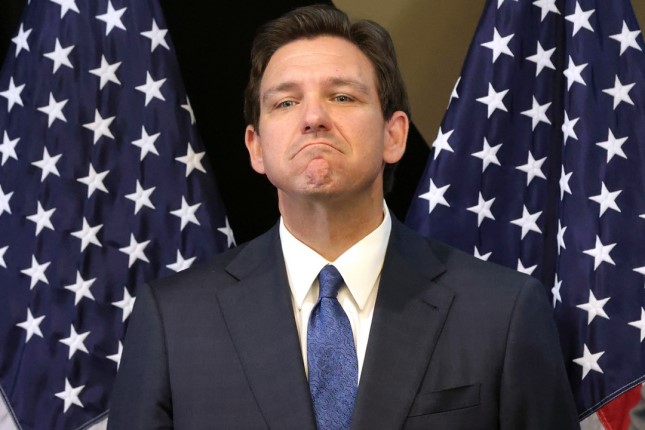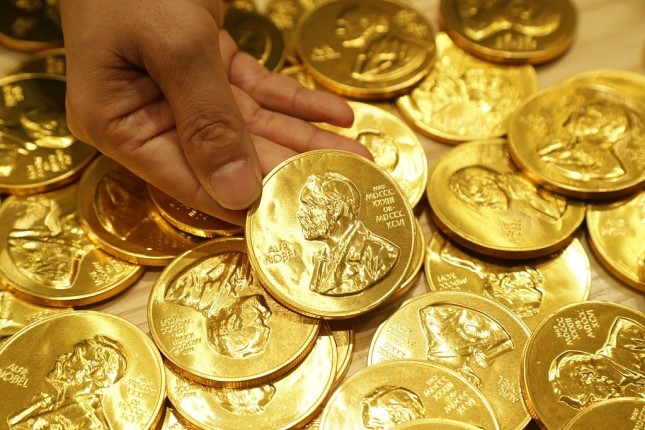Trevor Noah, the host of The Daily Show recently asked his audience: "Am I the only one who is shocked by how many things are connected to Russia in the world? Like the world energy supply, Africa's food supply, space travel, minerals for our electronics".
It would appear that he may not be the only one who is shocked by that. Many in the West are perplexed by what the war of sanctions waged against Russia and the West's support of Ukraine has led to. It seems unlikely that people in the EU or in the US could have imagined the sacrifices that would be expected of them down the line when their governments were launching this war.

Photo: The Daily Show.
Right now, some of the Western social media's most trending videos are the ones that teach how to get by living without an air conditioner or a fan on a hot day in a drive to reduce one's electricity bill. They get hundreds of thousands of views and likes.
"Too hot? No need to waste money on a fan and have it run day and night just to watch your electricity bill skyrocket. These lifehacks are old school but they work! It's thrifty and nifty" promises a comment under one such video.
Influencers recommend opening windows in opposite parts of the residence to create a draft, keeping one's wrists under cold running water or taking a hot water bottle filled with ice to bed.
Saving money on a hot day is currently the hottest topic in Europe. Spain's Prime Minister even urged people to opt for casual wear to stay cool and asked public sector employees to ditch their ties, for now.
Spain's government plans to reduce the nation's gas consumption by 7% by turning off lights in public buildings and in store windows at night. The government has also decided to mandate temperature highs and lows for climate control systems in buildings.
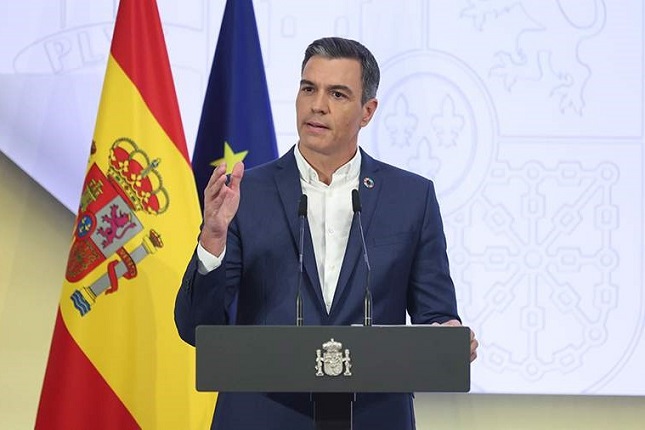
Spanish Prime Minister Pedro Sanchez. Photo: Global Look Press / Keystone Press Agency / Eduardo Parra.
These are just some of the discomforts that Spain has to endure despite the fact that it is not directly dependent on Russian gas. Spain gets its gas including LNG from other suppliers.
Unlike Spain, Greece used to get as much as 40% of the gas it needs from Russia and so now it has been forced to implement strict saving measures. In June, the Greek government unveiled a plan to reduce the nation's energy consumption by 10% this year with a further reduction of up to 30% by 2030. It was suggested that in order to make this happen, a ban would have to be imposed on setting air conditioners to temperatures lower than 27°C. In addition, public buildings are going to be fitted with window shields and a EUR 640 million programme to renew windows and cooling systems in state-owned and public facilities has been announced.
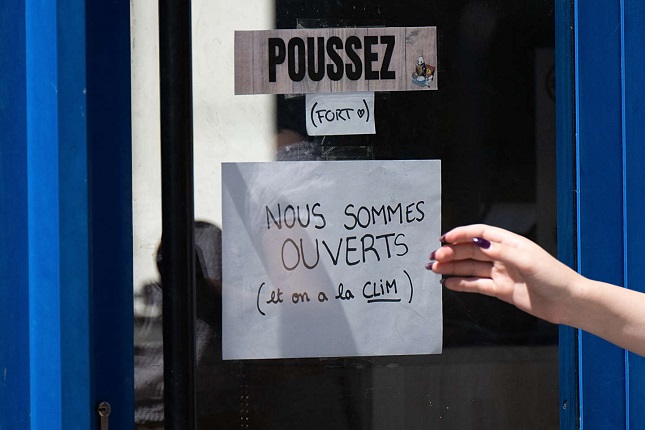
A notice announcing air-conditioning inside, western France, on July 13, 2022. Photo: Loic Venance / AFP.
Owners of air-conditioned stores in France will risk being fined EUR 750 for not keeping their doors closed. In addition, the government has outlined a plan that requires all store signs in the nation's cities to be turned off after closing time and that indoor lighting must be dimmed, too. Any illuminated advertising between 1 am and 6 am will be banned, with the exception of airports and train stations.
Italy also plans to introduce a ban on decorative street illumination around landmarks and monuments. Previously, before the recent resignation of Prime Minister Mario Draghi, mandatory early closure – at 7 pm – of all offices and businesses had also been contemplated.
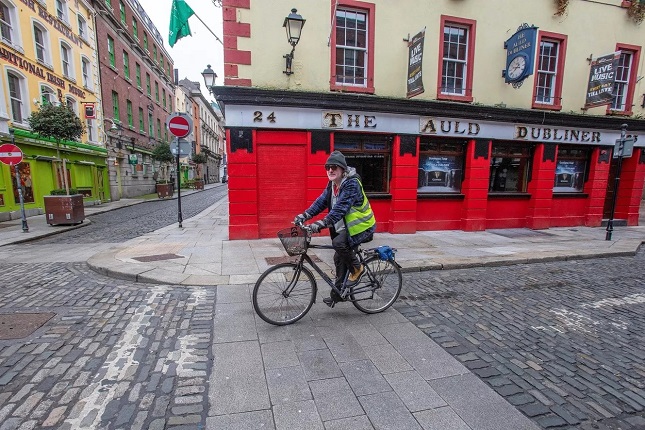
A man on a bike in the center of Dublin. Photo: AFP 2022 / Paul Faith.
Ireland's authorities have advised their citizens to drive their cars at lower speeds to save gasoline. The Irish were also encouraged to refrain from using dishwashers and washing machines whenever possible. There is also an idea not to fill kettles all the way and to only boil as much water as would be needed for the tea party in question.
Kettles seem to figure prominently in the German media as well. German newspapers feature articles with headlines such as "Saving money while using a kettle: how to reduce your electricity bill. These simple tips will help you save up to €50". German authorities also encourage residents to collect rainwater so they can use it for washing and flushing. By now, as many as two-thirds of all Germans have been dutifully heeding the advice to shower less frequently.
German cities are turning off their fountains and stopping illumination of public buildings and monuments. Hot water showers have been banned in swimming pools and gyms. While this may not be that critical in summer, it could produce a sobering effect on German voters come wintertime.
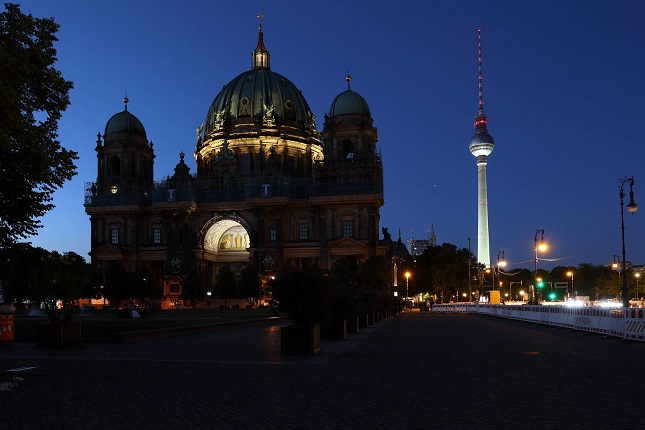
Berlin Cathedral with limited backlighting to save money. Photo: shutterstock.com
In response, Germans are frantically buying oil heaters, hot water bottles, and candles. Beer makers have raised their prices by 30% because of their rising costs.
Dutch residents are also busy stocking up on firewood as demand for wood stoves and fireplaces has been seen soaring across the country. These have been in short supply since the summer of 2021 amid a spike in gas prices. At EUR 2.25 a cubic meter, the price of gas in the Netherlands is the second highest in all of Europe.
Stores in Finland will also have to close earlier in the coming winter because of power shortages. In the event of a power outage affecting stores, their cash registers will stop running, too. In addition, Finnish authorities are warning that blackouts lasting as long as several hours are possible when temperatures drop too low.
Rising energy costs along the entire value chain are resulting in higher prices for groceries and other types of goods. Some economists have noted that, across the board, Europeans are switching to cheaper and lower-quality foodstuffs.
The Politico recently published a piece arguing that Europe is not ready for hot weather and that it has a lot of work cut out for it to protect its cities and infrastructure from extreme heat. Europeans had grown accustomed to coping with heat by resorting to air conditioning. This, however, was only feasible with energy prices remaining fairly low. As prices are currently breaking one record after another, the EU will have to invest heavily in heat-proofing its cities.
Take Northern Europe, for example. According to the experts polled by Politico, there is a need to fundamentally change the way new residential buildings are constructed while radically revamping those already built, as most northern European homes are designed to retain rather than expel heat. All in all, in the face of global warming and rising energy prices, the EU will have to adapt its building codes and develop more heat-resistant materials.
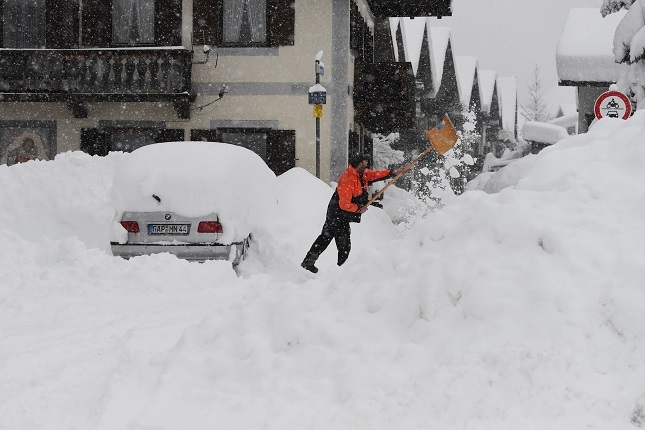
A man shovels his car free of snow after days of snowfall in Garmisch-Partenkirchen, southern Germany. Photo: Angelika Warmuth / AP.
Given what is happening out there today, all of these points are not without merit. Europe is on the verge of experiencing its worst winter since World War II. Business Insider recently reported that according to Bank of America the region's natural gas crisis is going from "bad" to "ugly". As Russia's gas supplies are being curtailed, the EU won't be able to stockpile enough gas to last it through the winter. As a result, natural gas prices could climb even higher than where they are now.
As for Germany, Bloomberg paints a rather bleak picture for its future. The country's government has just three months left to stave off a disaster that could arise in the coming winter because of natural gas shortages. According to analysts, no other European country is as exposed as the continent's largest economy where nearly half of all buildings are heated with fuel.
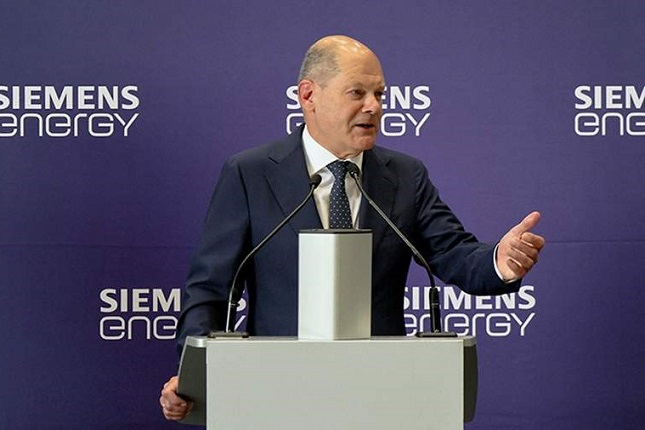
German Chancellor Olaf Scholz. Photo: Reuters / Wolfgang Rattay.
It would seem obvious that the gas market crisis could have been mitigated by putting Nord Stream 2 into operation, something that, incidentally, the heads of several cities on the German island of Rügen have been calling for, but, apparently, in vain. There is no indication in sight that the EU would be willing to consider such a move, which means that the Europeans will have to get used to coping with these challenges after reducing their usual consumption. And this, in turn, may trigger popular unrest and cause the political situation to become unstable.
